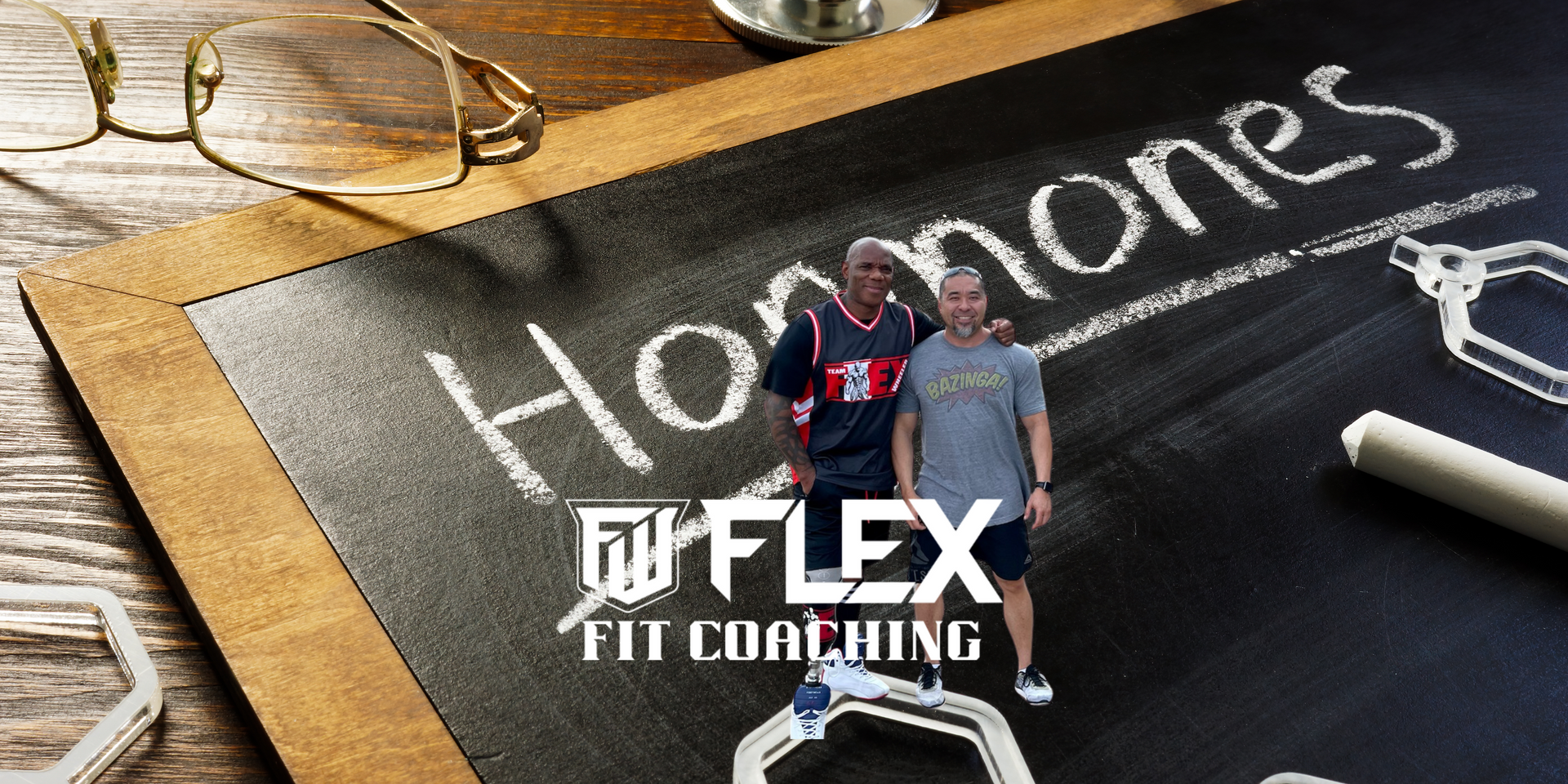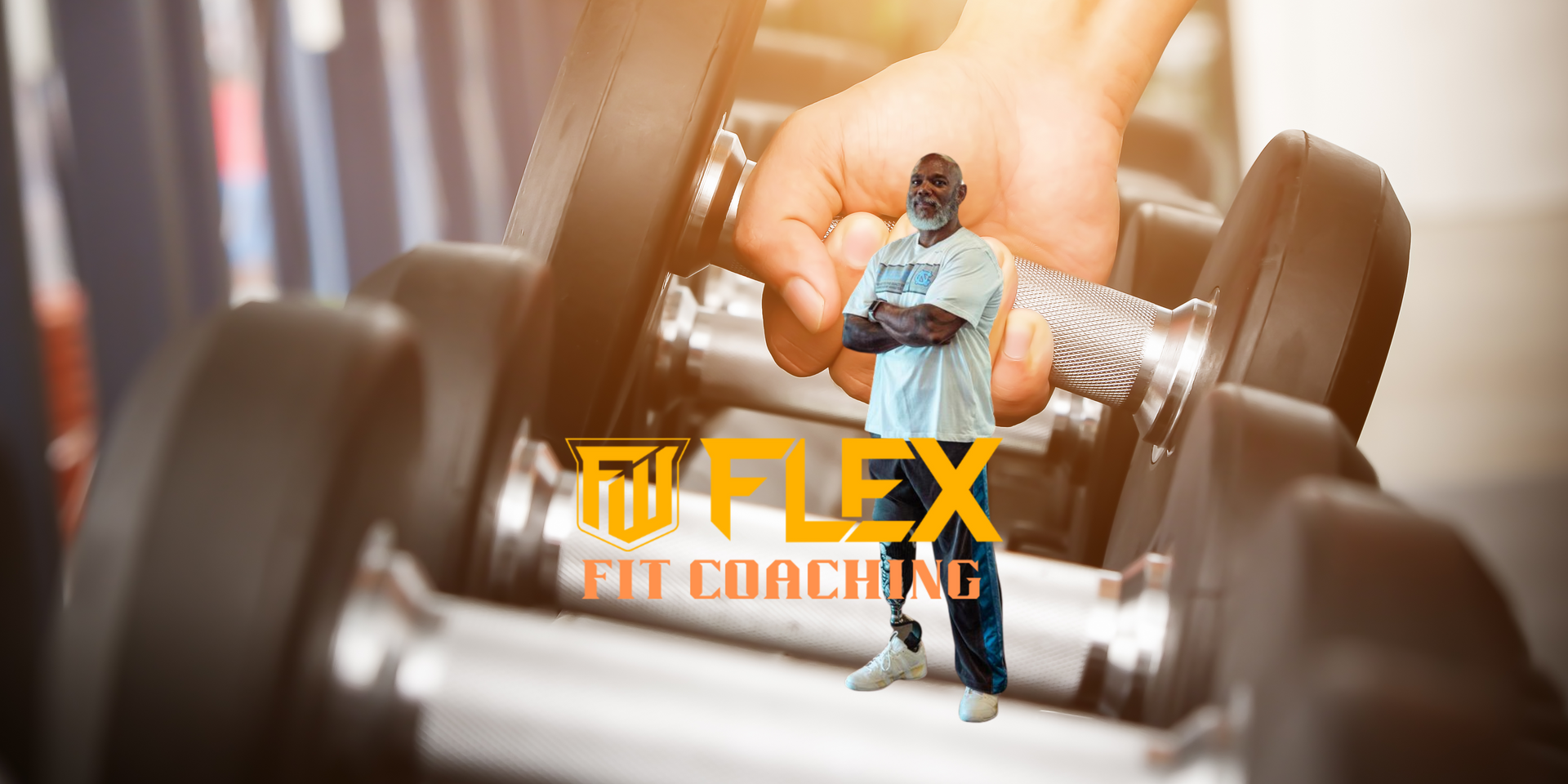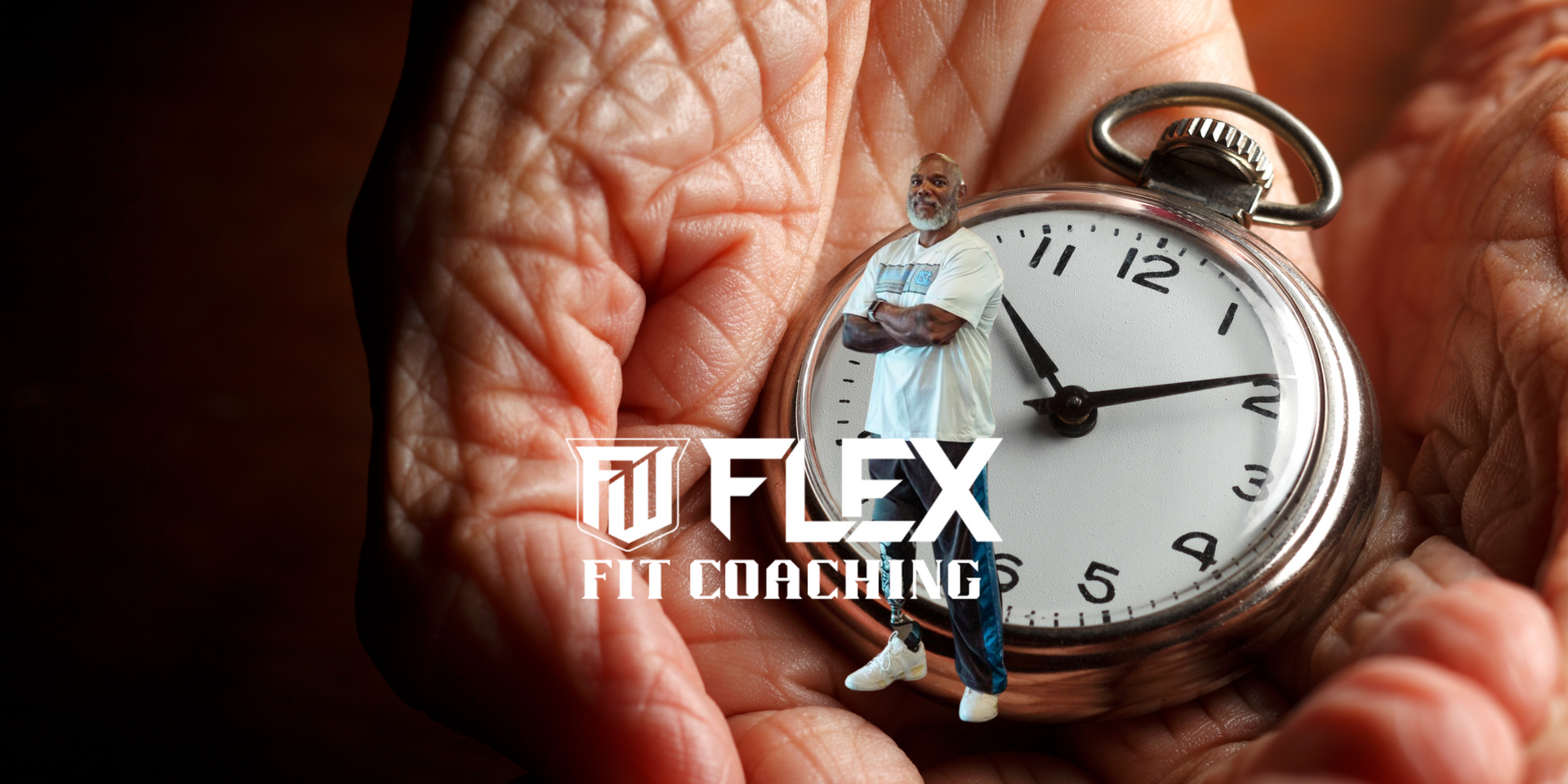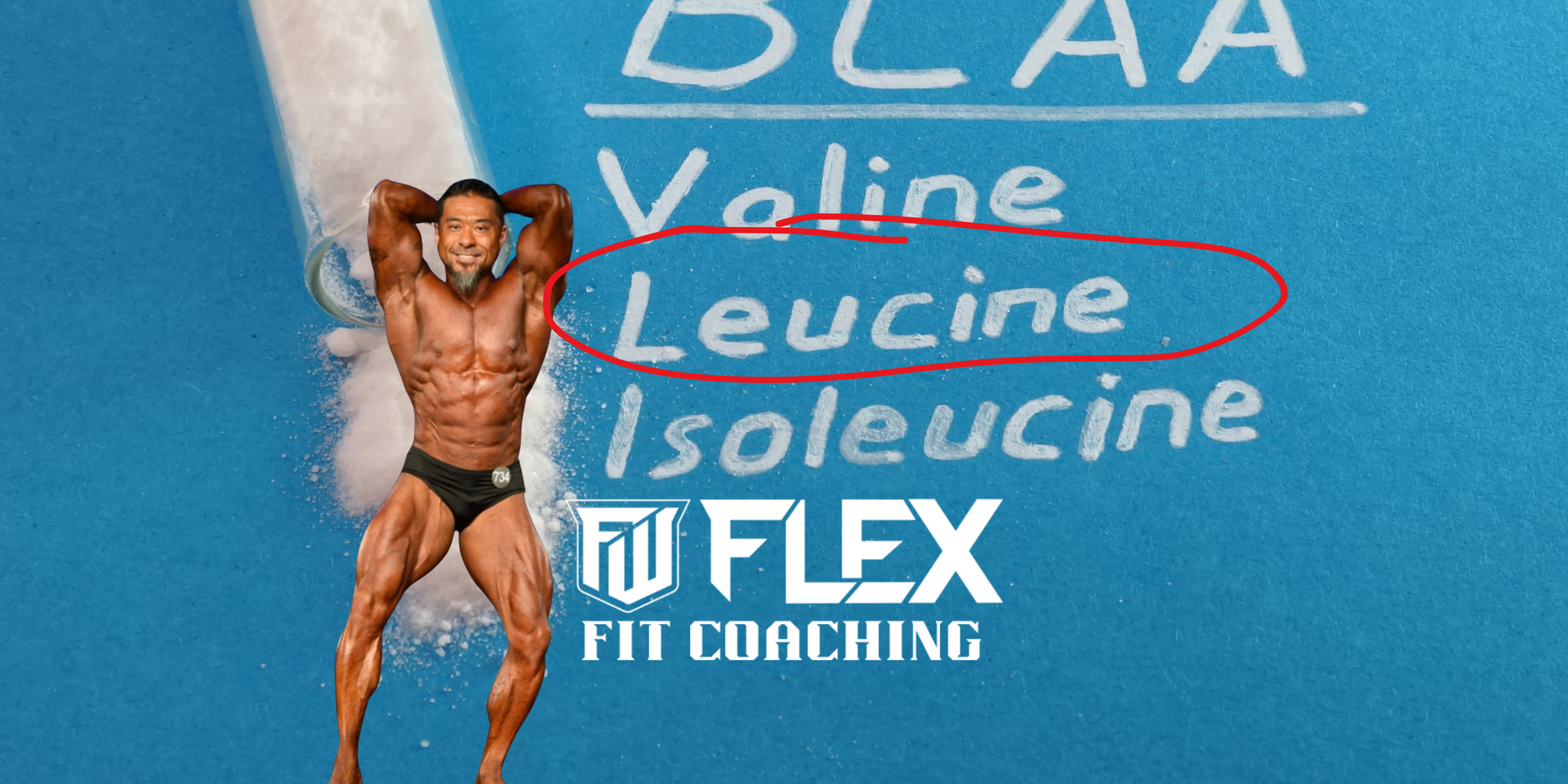Overtraining, Age, Stress & Testosterone: A Dangerous Mix
You can’t out-train stress

Overtraining, Age, Stress & Testosterone: A Dangerous Mix
When we talk about overtraining, most people think it just means “working out too much.” But when compounded with age and chronic life stress, it can lead to a deeper issue—plummeting testosterone levels, especially if they're already on the low side.
Let me explain.
Stress is stress—your body doesn’t distinguish between emotional tension, lack of sleep, work deadlines, or even an intense workout. Even positive stress, like exercise, contributes to your overall stress load. If you're already dealing with the pressures of aging, family, and career, a poorly designed or overly intense training program can push your hormonal balance past its limit.
Research shows that chronic stress elevates cortisol, a hormone that directly suppresses testosterone production (Goswami et al., 2021). Over time, this can lead to symptoms like fatigue, mood swings, low libido, and poor recovery. Add age into the equation—where testosterone levels naturally decline by about 1% per year after age 30 (Harman et al., 2001)—and the margin for error becomes even slimmer.
To make matters worse, excessive endurance or high-volume training without proper recovery has been linked to reductions in free and total testosterone levels (Hackney, 2020). In other words, overtraining in the name of "fitness" can actually sabotage your results—and your health.
So what’s the solution?
Start with the foundation:
- Control your stress: Incorporate mindfulness, deep breathing, or downtime into your routine.
- Prioritize sleep: Aim for 7–9 quality hours per night. Sleep deprivation has been shown to significantly reduce testosterone production (Leproult & Van Cauter, 2011).
- Fuel your body: Nutritional deficiencies, especially in zinc, vitamin D, and healthy fats, are known to impair testosterone synthesis (Pilz et al., 2011; Prasad, 2013).
From there, it gets more nuanced: your training program.
An intelligently designed workout plan balances intensity, volume, and recovery. It considers your current fitness level, age, stress profile, and goals. That’s where a quality coach makes all the difference. A skilled coach won’t just assign exercises—they'll help you navigate how hard to push, when to scale back, and how to make long-term progress without sacrificing your hormonal health.
Bottom line:
You can’t out-train stress, poor sleep, or suboptimal nutrition—and you definitely can’t out-train a hormone imbalance. Master the foundation. Then train smarter, not just harder.
Coach Greg Nagaye MS, CSCS
IFBB Pro
References:
- Hackney, A. C. (2020). Testosterone and stress in humans: A review of the impact of acute and chronic stress on testosterone levels. Physiology & Behavior, 219, 112858. https://doi.org/10.1016/j.physbeh.2020.112858
- Goswami, N., et al. (2021). Chronic stress and its effect on the HPA axis and testosterone: A clinical review. Journal of Clinical Endocrinology and Metabolism, 106(6), 1709–1717. https://doi.org/10.1210/clinem/dgab098









